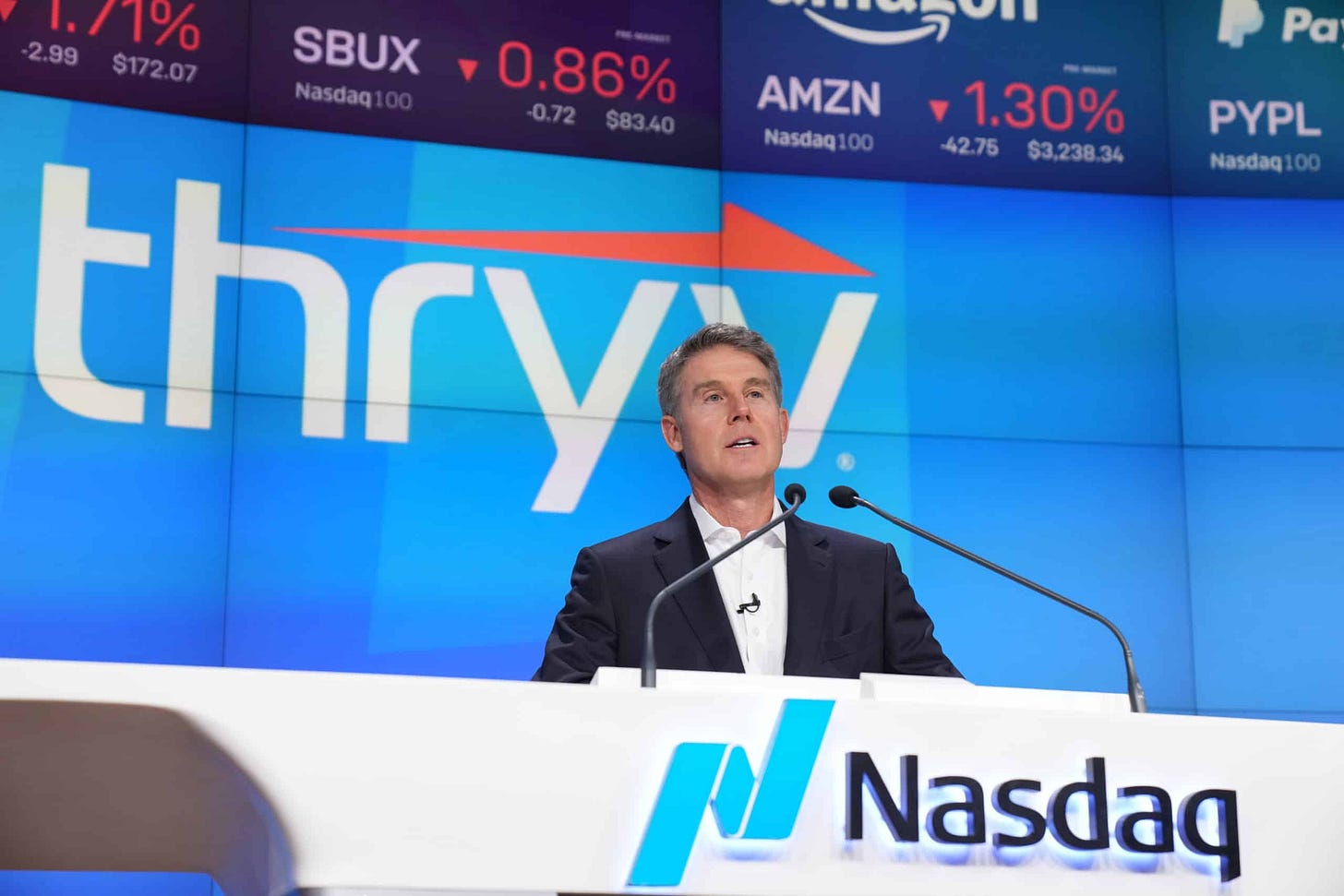Some Interesting Monetary Remedies the NLRB Has Recently Gotten
What is going on with Thryv?
Last week, the General Counsel of the NLRB, released GC 24-04, a memo that attempts to sketch out the way that the make-whole remedies from Thryv apply to cases involving coercive rules. In the course of providing that sketch, the memo also reveals some of the remedies that NLRB regions have recently managed to get for workers who have been illegally fired.
The list reads as follows:
Lost contributions to multi-employer pension funds
Increases in the amounts of health insurance premiums, copays, deductibles, or co-insurance
Loss of contributions already made to a retirement fund due to failure to complete a vesting period
Lost anticipated earnings from already-accumulated retirement fund amounts
Penalties imposed for early retirement fund withdrawal caused by cessation of participation
Unreimbursed tuition payments, where that reimbursement was part of the employee’s compensation package
Unreimbursed web development, marketing, and business insurance costs made by an employee on commission in order to increase sales of the employer’s product
Job search costs, such as reimbursement of mileage and gas costs, car/ride service payments, job search app costs, and resume printing fees
Day care costs
Specialty tool costs
Late fees and/or related accrued interest on payments of rent, utilities, mortgage, tax, auto loans and credit cards
Bank overdraft fees
Utility disconnection/reconnection fees
Reductions in earnings and/or penalties resulting from a dischargee dipping into savings or retirement funds to replace income lost
Costs associated with loans and credit card advances
Relocation/moving expenses
Legal representation costs in eviction proceedings
Expenses resulting from a change in immigration status
Salting income
Prior to Thryv, these remedies would not likely have been available because they are not the direct harms of an illegal termination, such as loss of wages. But under Thryv, workers are entitled to monetary relief for both direct and foreseeable harms caused by an illegal termination. When individuals are illegally fired, they don’t just lose pay. They may also wind up unable to pay bills and therefore wind up facing eviction, late fees on utilities, and excess interest on credit cards, among other things. And now, under Thryv, the NLRB is able to ensure that those indirect damages are compensated as well.
The Thryv decision is currently being appealed in the Fifth Circuit and cases decided under Thryv are being appealed in other circuits, including a Starbucks case in the Third Circuit. Hopefully, these circuits acknowledge the statutory authority the NLRB has to fashion appropriate remedies, but judging, especially at the circuit court level and especially on cases of legal significance, operates more like legislative decision-making than judicial decision-making.
But even if one or more of these circuits rules that make-whole remedies are not allowed under the NLRA, that is not the end of the story. The NLRB is one of the federal agencies that adheres to the doctrine of nonacquiescence, meaning it only acknowledges circuit court decisions that reverse a Board order as governing the case in question, not as setting a precedent that the Board must follow in subsequent cases. Thus, unless the Supreme Court steps in or a Republican Board is appointed to overturn Thryv, the NLRB will be able to seek make-whole remedies for the foreseeable future. Employers seeking to avoid such remedies would have to go through the entire Board process and then appeal to a friendly circuit court to avoid complying.

